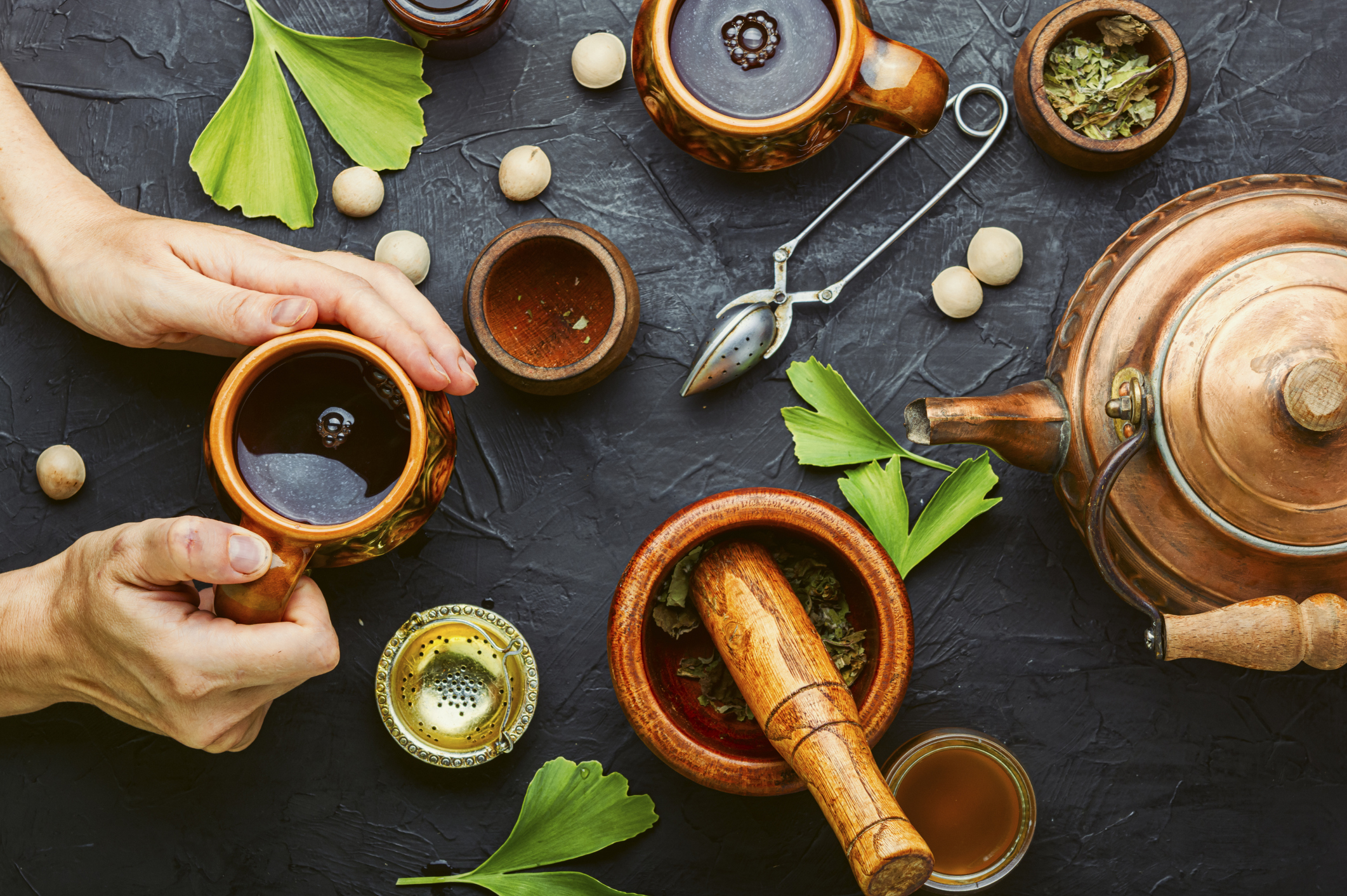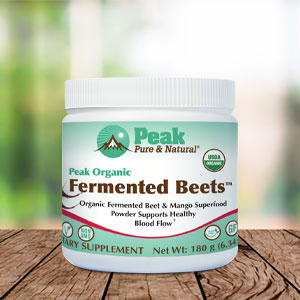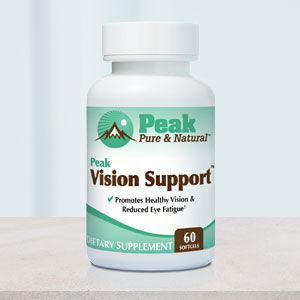Get Easy Health Digest™ in your inbox and don’t miss a thing when you subscribe today. Plus, get the free bonus report, Mother Nature’s Tips, Tricks and Remedies for Cholesterol, Blood Pressure & Blood Sugar as my way of saying welcome to the community!
The ancient herb that could reverse brain stroke damage

The herbal supplement ginkgo biloba increases blood flow to the brain. That’s why it has a well-known reputation as a memory booster.
So it’s not at all surprising to hear that ginkgo could help people who’ve suffered a stroke recover their cognitive abilities.
In fact, research is stacking up that this ancient herb could be the difference between stroke sufferers keeping their cognitive abilities or losing them permanently…
Ischemic stroke and brain damage
Almost 800,000 people in the United States have a stroke every year. Most of these are ischemic strokes caused by a blocked artery in the brain.
Preventing brain damage from these strokes has always been a challenge.
Some damage occurs as soon as blood stops reaching brain cells. But even when a clot is cleared and blood supply returns, free radicals can continue to cause brain cell damage.
According to a preliminary study presented at the American Stroke Association’s International Stroke Conference 2024, ginkgo may hold hope for patients recovering from ischemic stroke, particularly when it comes to recovering their cognitive ability.
Using ginkgo in the hopes of reversing cognitive damage
Researchers assessed the cognitive recovery of 3,163 survivors of mild to moderate ischemic stroke, using the Montreal Cognitive Assessment Scale, or MoCA, a screening test of cognitive performance often used with stroke survivors.
Most patients’ cognitive status was moderately impaired — an average score of 17 out of 30 items.
Then, within just 48 hours of their stroke, about half the patients were randomly chosen to receive daily intravenous injections of ginkgo diterpene lactone meglumine (GDLM), a combination of the biologically active components of ginkgo biloba. The other half of the group received placebo injections.
The intravenous treatment was repeated at 14 and 90 days post-stroke.
By day 14, patients who had received the ginkgo injections had improved their cognitive scores by an average of 3.93 points. Those who received a placebo improved by only 3.62 points.
And by day 90, the difference was even greater. Those who had received the ginkgo biloba injections showed an average of 5.51 point improvement in cognitive scores, compared with 5.04 points for those on the placebo.
Anxin Wang, Ph.D., an associate professor of clinical epidemiology at the Beijing Tiantan Hospital of the Capital Medical University in Beijing, explained that GDLM’s neuroprotective effects can be attributed to multiple mechanisms, including:
- Expanding brain blood vessels and improving brain cells tolerance to hypoxia (inadequate oxygen);
- Increasing cerebral blood flow;
- Neuroprotective antioxidation;
- Anti-inflammation and anti-apoptosis (cell death) properties.
Ginkgo’s long history and modern use
What makes this research especially exciting is that it is not the first to show ginkgo’s potential for brain recovery after stroke…
Back in 2012, laboratory tests at Johns Hopkins demonstrated that daily doses of a standardized extract from the leaves of the ginkgo tree can prevent or reduce brain damage after a stroke.
The scientists involved in that study claimed their observations indicated that the antioxidants in ginkgo get the credit for protecting brain cells.
Ginkgo biloba is one of the most commonly used herbal supplements in the world and has been a staple of Traditional Chinese medicine for centuries, used for circulatory problems and senility.
So it’s not at all surprising that IV preparations of ginkgo biloba’s active ingredients are widely used in China as a complementary treatment for ischemic stroke.
However, it may be quite a while before the FDA is ready to greenlight similar treatment options in the U.S.
Ginkgo is thought to be safe in moderate amounts, but side effects can include an upset stomach, headaches, skin reactions, and dizziness.
But blood thinners, NSAIDs (Ibuprofen) and SSRIs (antidepressants like Zoloft and Prozac) may interact badly with ginkgo. See your doctor before using ginkgo with any of these medications.
Editor’s note: What do you really know about stroke? The truth is, only 10% of stroke survivors recover almost completely, and all doctors can offer is what to do after a stroke occurs. That’s unacceptable considering 80% of strokes are preventable! Click here to discover how to escape The Stroke Syndrome: 5 Signs it’s Stalking You — Plus the Hidden Causes and Preventive Measures You’ve Never Heard About!
Sources:
Active components of ginkgo biloba may improve early cognitive recovery after stroke — Eureka Alert
Stroke facts — Centers for Disease Control and Prevention (CDC)
Ginkgo biloba may aid in treating type 2 diabetes — Medical Express














